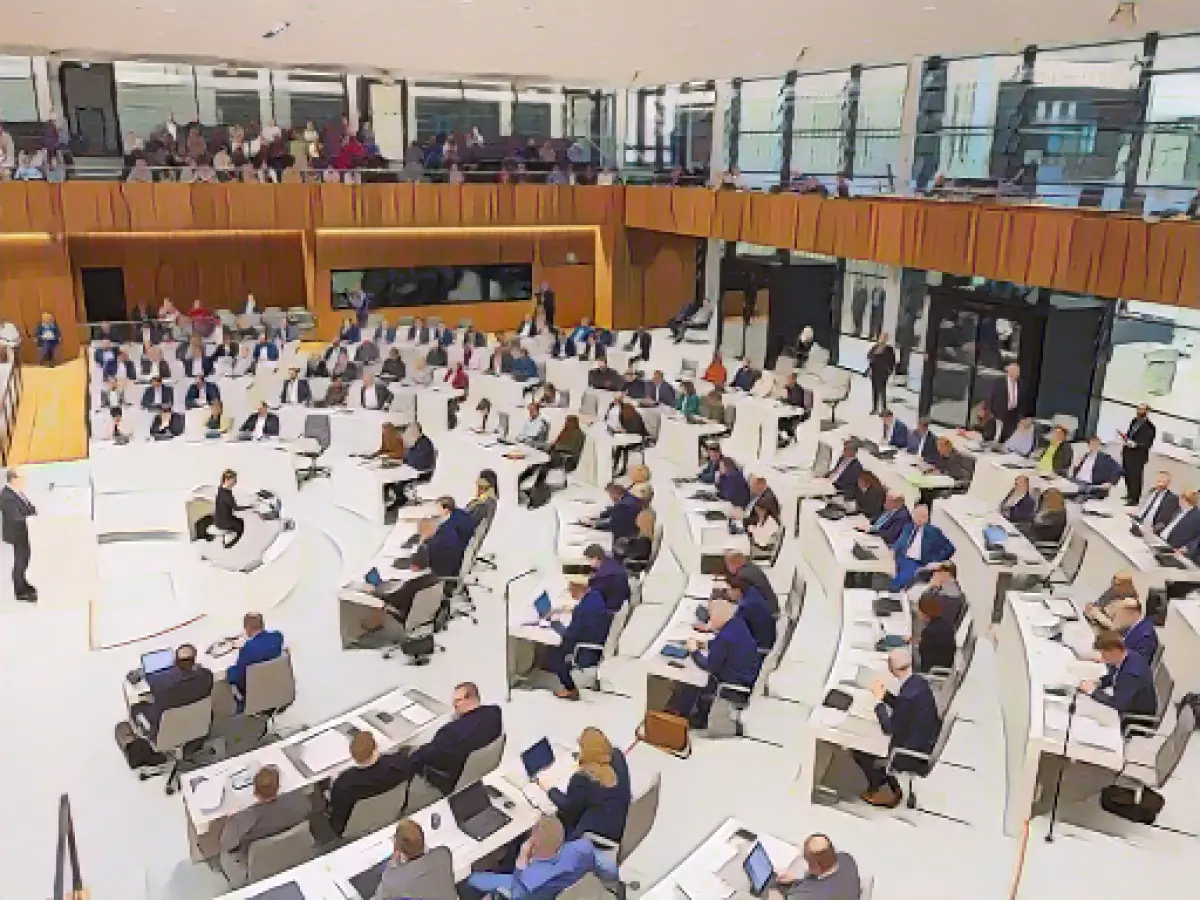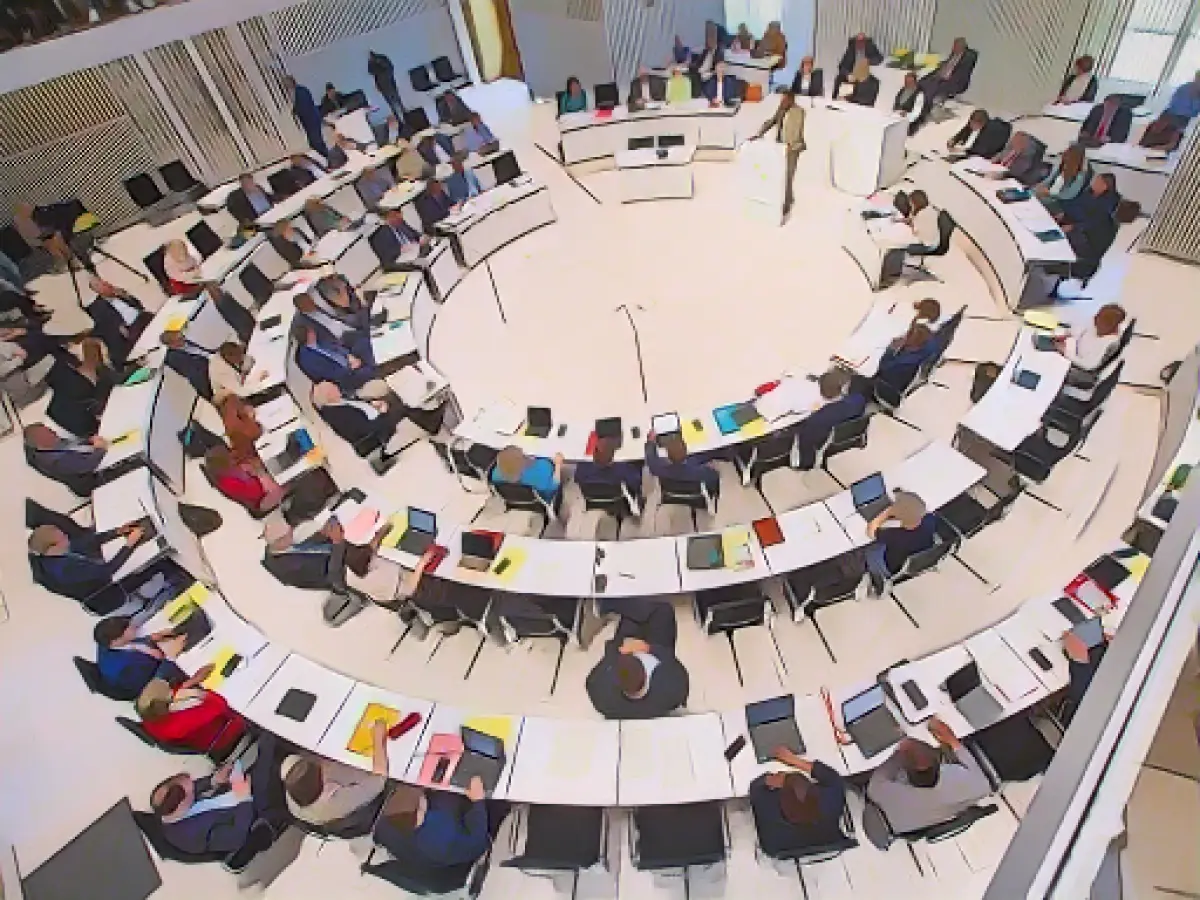Buying a house might not be the best financial move for the average German household, recent findings suggest. Despite decreasing property prices and soaring rents, purchasing a property remains substantially more expensive than renting, according to a study from credit insurer Allianz Trade. Even if rents were to be increased by the legal maximum of 20% based on 2023 levels, the average monthly credit burden would still be 381 euros more than the monthly rent.
Jasmin Gröschl, Senior Economist at Allianz Trade, explains why many cannot afford to purchase a home despite lower prices. High interest rates on loans seem to make buying a house an improbable option. A return to normal interest rates seems unlikely anytime soon – not even with easier building permits.
For buying a house to become financially advantageous, property prices would need to drop by 20% compared to 2022 (a further 10% compared to current levels) or mortgage interest rates would have to fall to 1.78%, in addition to rental price hikes. With current construction interest rates of around 4%, these conditions appear difficult to meet.
The experts do not anticipate an immediate end to the construction crisis. Complex construction projects have come to a halt due to high interest rates and material costs, resulting in significant consequences for developers, construction companies, and ultimately, the housing market. The lack of housing supply in Germany is estimated to result in a shortage of 700,000 apartments in 2023.
The deterrents against buying a house extend beyond high loan interest rates. The real estate market in Germany is affected by increasing rental prices and a limited housing supply, raising questions about the need for real estate education to help potential homebuyers navigate the market [1].
Real estate purchasing challenges stem from various factors. These include rising construction costs, tightened financing conditions, obstacles to expediting construction timelines, the effect of rent control measures, and the high costs of homeownership.
While the current urban demand for affordable housing continues to push up rental prices, the strong rental market is propelled by demographic trends and economic pressures [1]. Properties meeting sustainability standards are predicted to experience higher rents and lower vacancy rates, benefiting both tenants and landlords [1].
In conclusion, the unfavorable conditions in the German real estate market remain a challenge for the average household seeking to buy a house. Financially, renting often proves to be a more viable option, with monthly costs providing more stability compared to homeownership. With the market dominated by high construction costs, financing difficulties, and rent control limitations, the demand for real estate education becomes increasingly significant for potential home buyers who hope to navigate this complex landscape.
[1] - Bundesverband Immobilienwirtschaft und Wohnen (BIV), Gifhorner Tagespost, April 15, 2022 [2] - House buying: how to save money (Bankrate) [3] - "Mietpreisbremse ends not only in Berlin, but also in Hesse and Hamburg, but consternation among tenants" (Deutsche Welle, April 15, 2022) [4] - Real Estate News (2022) [5] - Statistics Germany (2024)








